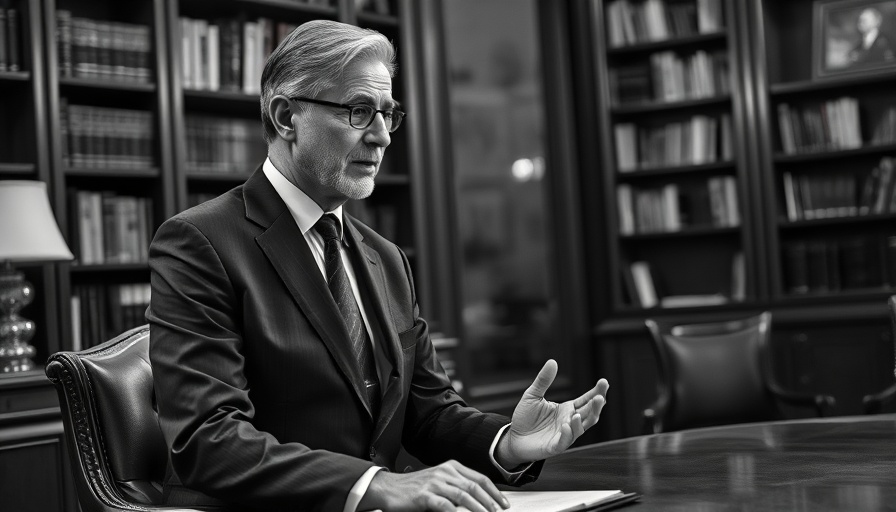
Continuing Dr. King’s Vision: A Call to Action
Dr. Martin Luther King, Jr.'s dream wasn’t confined to his era; rather, it opened a doorway to healing and hope that rings true today. As we take a moment to reflect upon his profound vision, we are reminded that the Civil Rights Movement has matured into a multifaceted struggle for justice that addresses compelling issues beyond race. This ongoing quest necessitates a broader lens to encompass rights stemming from gender, sexual orientation, abilities, and socioeconomic status. Dr. King's inclusive dream continues to inspire countless individuals, prompting us to evaluate our current realities and tackle injustices that exist around the globe.
The Evolution of Justice: A Historical Overview
The road to civil rights has seen its share of milestones. Initially focused on dismantling racial segregation, the movement has burgeoned over the decades into a tapestry of advocacy addressing varied aspects of societal injustice. From the women’s rights movement of the 1970s to the current push for LGBTQ+ acceptance, each advocacy effort informs the next. By understanding the historical context of these movements, we can harness their lessons to fuel contemporary battles for equality and fairness.
Building a Just Future: Predictions and Trends
Looking ahead, the landscape of civil rights will continue to change, shaped by generational perspectives and technological advancements. With the rise of social media as a powerful tool for activism, we can expect faster global mobilization around critical issues like climate justice, mental health advocacy, and poverty alleviation. The youth, equipped with tools their predecessors lacked, will serve as pivotal agents of change, implementing creative solutions that resonate with their lived experiences.
Practical Insights: Engaging with Current Issues
To engage effectively with today’s challenges, individuals must adopt a proactive approach. Participation in local community initiatives can provide substantial benefits for all. Empathy-building exercises, educational discussions about inclusivity, and active participation in awareness campaigns are all practical ways individuals can effect change today. Engaging in restorative practices not only facilitates reconciliation of past wrongs but also promotes unity towards a collective goal of justice.
The Power of Education: More Relevant Than Ever
As Nelson Mandela stated, education is indeed one of the most potent tools to enact change. But we must recognize that our educational frameworks should evolve to be more adaptive and inclusive, addressing the varied challenges of today's world. Integrating life skills, emotional intelligence, and social justice themes into curricula will prepare the next generation to not only recognize inequality but also to dismantle it in innovative ways.
Fostering Inclusion: Expanding the Tent of Equality
Inclusiveness should not be a static goal; it demands constant nurturing and adaptation. As societal awareness grows, so too does the tent of equality, embracing issues that were not part of Dr. King’s conversations. Inclusivity now encompasses those with disabilities, LGBTQ+ individuals, and racial minorities—connecting myriad struggles under a collective banner of humanity. Engaging with these groups can catalyze a movement that respects and honors differences while striving for unity.
Conclusion: Embracing the Legacy of Change
Dr. King's vision remains as relevant today as it was in the 1960s—a call not just to recognize injustice but also to combat it actively. Our role as advocates for justice involves understanding and embracing the diversity of struggles that people face today. As we walk this path, let us inspire one another, share our knowledge, and cultivate compassion, echoing Dr. King’s enduring message that we are all connected in our pursuit of justice.
 Add Row
Add Row  Add
Add 




 Add Row
Add Row  Add
Add 

Write A Comment